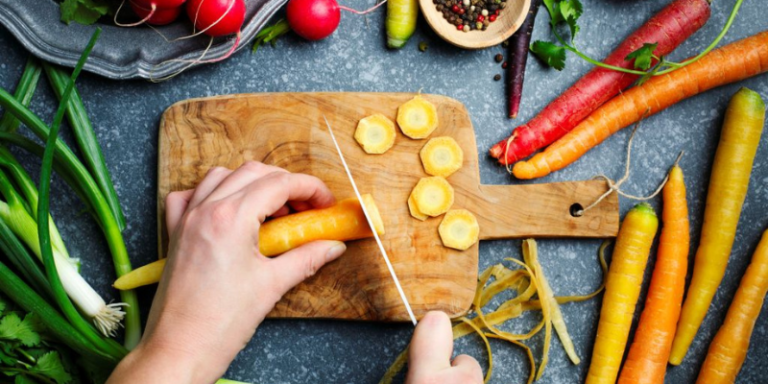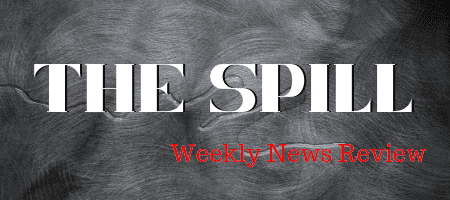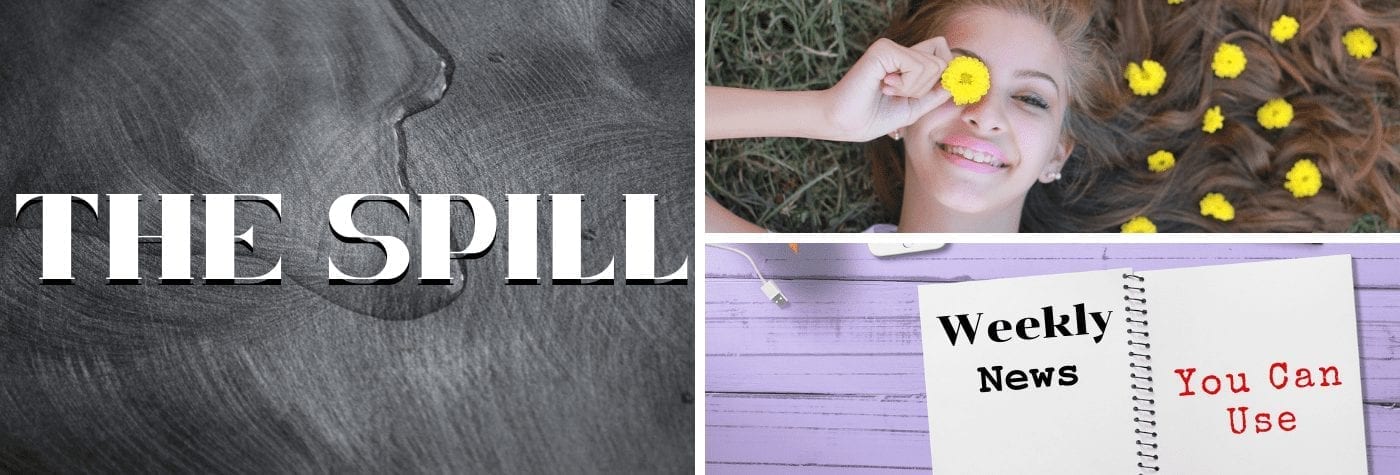The Spill: Cooking After COVID
Weekly news you can use.
By: GenZ Staff | October 9, 2020 | 780 Words

(Photo by: Anjelika Gretskaia/REDA&CO/Universal Images Group via Getty Images)
The COVID Cooking Renaissance
The coronavirus pandemic has changed a lot about how we are used to doing things. Most of those things might be negative, but one of the positive trends to come about from the shutdowns is the quality of food kids are eating.
A study from OnePoll questioned 2,000 parents of school-aged children. The results showed that seven in ten American parents have been adding more fruits, vegetables, and other healthy options for their young students. This is good news and a great change. For several months during the pandemic, processed foods like canned soups, macaroni and cheese, and cold cereals were the main things parents bought.
Parents admitted in the study that they felt guilty for feeding their kids such unhealthy foods during the COVID-19 crisis as a way to provide comfort during rough times. “With so many kids learning in a home or hybrid model, parents re concerned about providing a steady stream of healthy meals and snacks,” Jason Levin, Sabra CMO, said in a statement.
“Many [parents] are seeking to reduce sugar intake and boost plant-based food consumption and stocking up on fruits, nuts and quick, kid-friendly foods like hummus,” Levin continued. Could it be parents want to reduce sugars to cut down on hyperactivity as well?
VP Debates: Politics as Usual
The vice presidential debate is much like a presidential debate: It is a chance for both sides to argue their points and for the American people to see where they stand on important issues. On Oct. 7, Vice President Mike Pence and VP candidate Senator Kamala Harris (D-CA) met to hold their debate.
One of the main topics was the coronavirus and its effect so far on the American people and economy. Harris said the Trump administration was “the greatest failure of any presidential administration in the history of our country” and accused the president of covering up the virus back in January. However, Pence defended Trump, pointing out how the commander in chief restricted travel to and from China in late January. Pence also said a vaccine may be ready by the end of the year, but Harris said she wouldn’t trust a vaccine provided by a Trump government.

Another issue was China trade. Harris accused Trump of losing the trade war with China and Pence disagreed. “Lost the trade war with China? Joe Biden never fought it,” Pence said. “Joe Biden has been a cheerleader for communist China over the last several decades. When Joe Biden was vice president, we lost 200,000 manufacturing jobs, and President Obama said they were never coming back.”
And so the night continued, as most debates do, with the opponents arguing. Such is the nature of political debates.
Every Vote Counts – Even From Space
Don’t space out on voting. Election time is near and every vote counts. This year, the nation is trying to prepare for voting in the age of social distancing. A much argued way to vote is mail-in ballots, which have many worried about voter fraud. However, the problems on Earth are not going to keep astronauts from voting from space.
On Oct. 14, astronaut Kate Rubins will fly to the International Space Station to cast her vote. She will use a secure electronic ballot that will be sent to Mission Control once finished. The ballot will then be passed on to the county clerk. It works much the same as an absentee ballot.
“I think it’s really important for everybody to vote,” Rubins said. “If we can do it from space, then I believe folks can do it from the ground, too.”
This isn’t the first time Rubins or other astronauts have been able to vote from space. The ability to do so began in 1997, and the first American to cast a ballot off Earth was David Wolf while he was aboard the Russian space station Mir. In 2004, Leroy Chiao was the first NASA astronaut to cast a vote in a presidential election, which he did while commanding Expedition 10 aboard the ISS.
Astronauts select which elections, such as local, state or federal, that they wish to participate in while they are on a mission in space. Six months before the election is to take place, the astronauts are given a Voter Registration and Absentee Ballot Request – Federal Post Card Application. Their address is not where they live on Earth, but rather “low-Earth orbit.”
Even hundreds of miles away from Earth, astronauts still have the ability to weigh in on and have a say in elections. This presidential year is, perhaps, the most important election in modern history, and the importance of voting has rarely been pushed harder than it is right now.

















